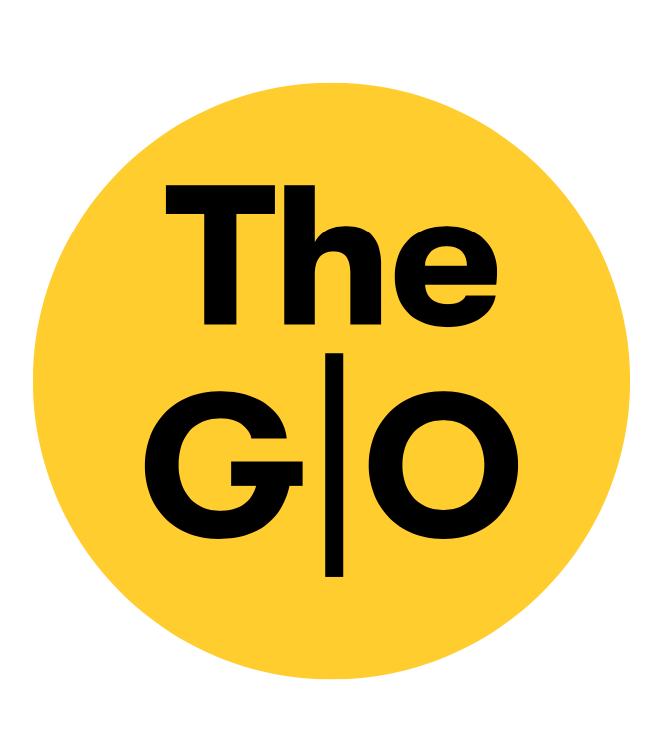Western countries concerned about what they see as Beijing’s renewed attempt to curtail the independence of the Office of the UN Human Rights Chief
Our exclusive story today reveals how China is using the moment to try to restrict both the independence and the mandate of the Office of the High Commissioner for Human Rights, de facto using the multilateral system itself to hollow it out from within.
Western countries are busy coordinating their response to a Chinese proposal that, they fear, would severely curtail the independence of the UN Office of the High Commissioner for Human Rights (OHCHR), shifting the focus of its work from individual political and civil rights to economic, social, and cultural rights. The change, Western countries further denounce, would weaken the current global human rights regime by restricting the mandate of the Special Procedures, the group of independent human rights experts who scrutinize and report on human rights violations with a thematic or country-specific perspective.
The Western bloc expressed its concerns during several closed-door meetings, during which China and Pakistan presented Beijing’s draft resolution, a text seen by The G|O. The main thrust of the document—described by sources as "the most controversial text of this [Council] session"—is a demand that the OHCHR “enhance” its work in the field of economic, social, and cultural (ESC) rights, calling on the High Commissioner—a position now held by Volker Türk—to "set his priorities" on the issue.
An old demand
The demand is not a new one. China considers human rights to be a domestic issue, with individual states having a primary role in respect to them. It opposes any monitoring or investigation of the human rights situation in its country, seeing it as foreign interference. Since the creation of the HRC, Beijing and its friends—Iran, Russia, Myanmar, Egypt, Nicaragua, some of the most repressive countries in the world—have criticized what they consider a disproportionate focus on political and civil rights, trying instead to elevate ESC. They object to the Human Rights Council’s passing of country-specific resolutions that call for inquiries into human rights violations committed by specific states and the "naming and shaming" that ensues, widely seen by human rights defenders as the most effective way to ensure the respect of human rights law.
China and its allies' draft resolution—Iran and Bangladesh also spoke—further demands that the High Commissioner's Office "provide an annual update on the implementation of the current resolution in a dedicated section of the OHCHR's annual report." For the Western bloc, this represents one of the most worrying aspects of the Chinese-led draft resolution, since it directly threatens the independence of the Office. Strongly opposing the demand, a European diplomat reminded the meeting’s Chinese and Pakistani co-chairs that the OHCHR's annual report is the sole prerogative of the Office. "The Human Rights Council should not interfere in how the High Commissioner drafts the report," he stressed, arguing that "it's an issue of independence," and that the language ought to be taken out of the draft resolution.
"We don't tell [the Office] what to say in its annual report," the Swiss representative said, according to transcripts of last Monday's closed-door meetings obtained by The G|O. "We should not be dictating to the High Commissioner," the Australian representative agreed, also asking that the language be stricken from the text.
The draft resolution also states that the Office should fulfill its "obligations of international cooperation," language which, in the tense climate of the meeting, was unanimously rejected by the Western group. "There is no such thing as 'obligations of international cooperation'," the US delegation told the participants. "This is not agreed language," concurred the EU representative, a position also shared by Japan and Canada when they took the floor to oppose the draft resolution. Switzerland's representative was most explicit in his rejection of the language: "We consider there [to be] no such thing as these obligations. States have obligations to respect and promote human rights" under their own responsibility, and "this is what we are discussing here," they said.
Informed diplomatic sources told us that work continues on the draft resolution. They see Beijing's efforts as being directly linked to Volker Türk's firm commitment to follow up on the "China report" released by his predecessor, Michelle Bachelet, a document detailing alleged human rights violations against Uyghurs and other Muslim minorities in China that could amount to "crimes against humanity."

Some of the same diplomatic sources also concede that given the current composition of the Human Rights Council, Beijing might well be able to garner enough support to have the resolution passed. As it stands, China is expected to table it next Wednesday (October 4) with a possible vote scheduled for October 13.
-JC, with PHM

